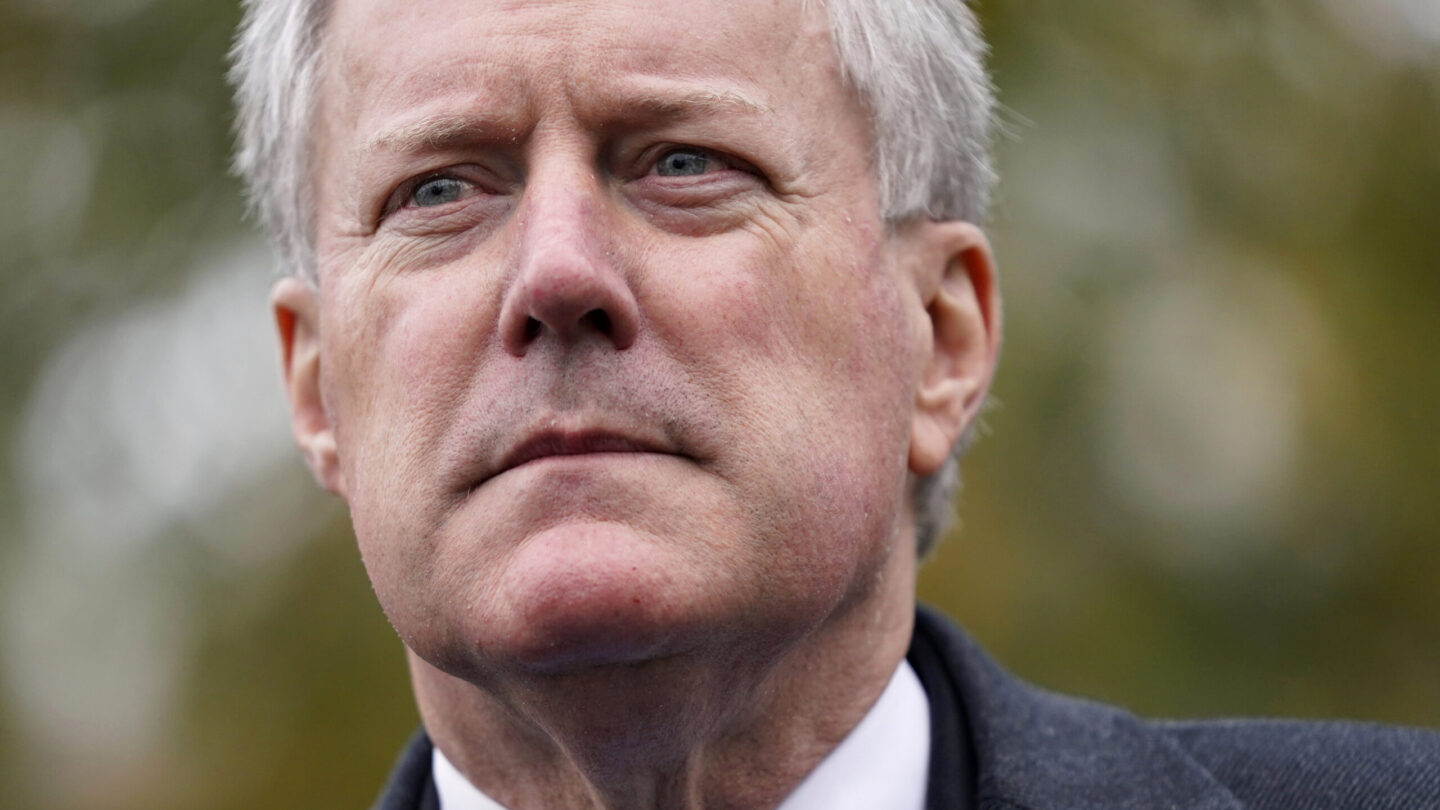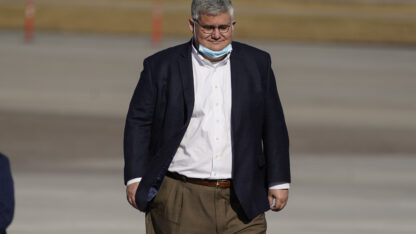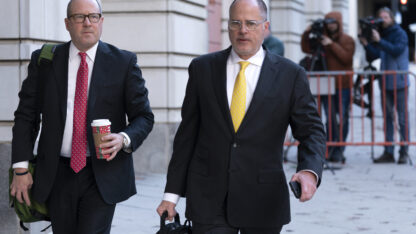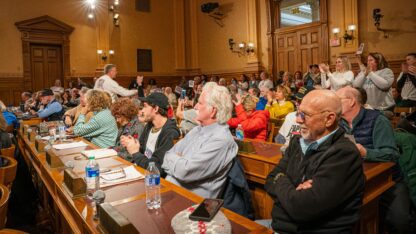The Georgia Republican Party chairman and a close advisor to former President Donald Trump were dealt setbacks this week in a Fulton County investigation into potential illegal interference in the 2020 presidential election.
Fulton County Judge Robert McBurney ruled on Wednesday that Georgia GOP Chairman David Shafer cannot be represented by the same attorneys as 10 other Republican electors who were subpoenaed to testify about their roles in casting false electoral votes for Trump in the aftermath of his loss to President-elect Joe Biden. McBurney’s ruling comes a day after the South Carolina Supreme Court ordered former White House chief of staff Mark Meadows to testify in the wide-spanning probe in which a special grand jury is tasked with recommending whether Fulton prosecutors should pursue criminal charges that could include solicitation and conspiracy to commit election fraud.
McBurney said that an impartial lawyer would not advise 10 of the alternate electors to share counsel with Shafer and that their attorneys, Kimberly Burroughs Debrow and Holly Pierson, have to decide to represent either Shafer or the other alternate Republican electors who were subpoenaed in July.
McBurney said that Shafer’s potential complicity to criminal charges is much higher than the other electors since he had a role in coordinating the meeting in which the fake electors cast their false ballots in favor of Trump after the controversial election.
Attorneys for the electors argued there was not a conflict of interest since Shafer and the other electors have similar interests and had not broken the law by casting votes in anticipation of courts overturning the election. During that time, there were last-ditch efforts of failed lawsuits challenging results under unfounded claims of election fraud securing Biden’s victory in Georgia by about 12,000 votes. On Jan. 6, insurrectionists breached the U.S. Capitol as Trump sought to prevent Congress from certifying the election.









